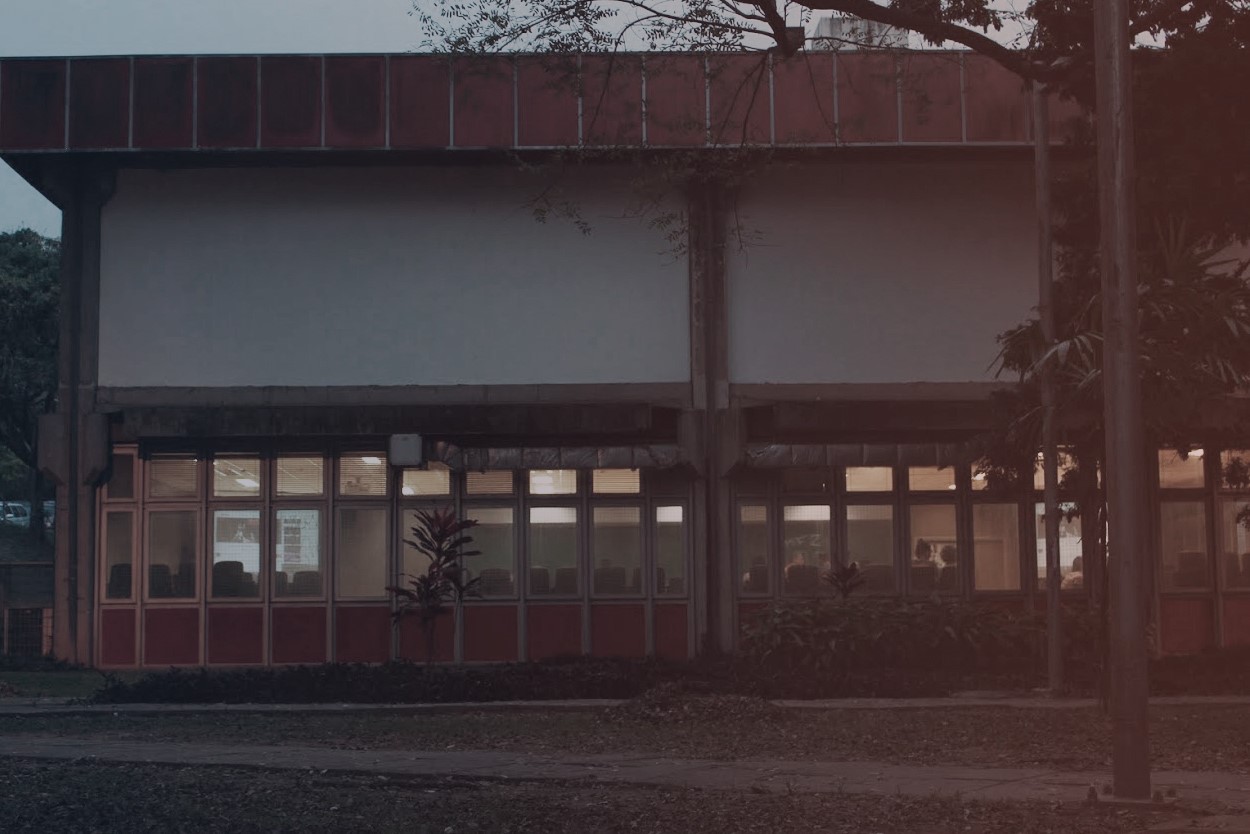About (History)
 Photo: Department of Sociology
Photo: Department of Sociology
The Department of Sociology of the Faculty of Philosophy, Languages and Human Sciences of the University of São Paulo (USP), created on September 15, 1987 (USP Resolution No. 3,362), shares alongside two other departments in the same institution – Anthropology and Political Science – the responsibility to manage, pedagogically and administratively, the Bachelor’s Degree in Social Sciences at USP. Furthermore, in partnership with the Faculty of Education of USP, the department is also responsible for the Licentiate Degree in Social Sciences (known as Licenciatura in Brazil). Finally, within the scope of graduate education, the department maintains the USP Graduate Program in Sociology and a Postdoctoral Program.
The department’s origin dates back to what became known as the French Mission, a group of professors and researchers who collaborated with the founding of USP, in 1934, by providing the first faculty cadre for the former Faculty of Philosophy, Sciences and Languages of USP, the oldest Brazilian university in activity since its foundation, on 25 January 1934. Including many of the names that would later become prominent in the French social and human sciences – among them Claude Lévi-Strauss, Fernand Braudel, and Roger Bastide – this mission established a tradition which, in the following decades (1940-1970), characterized teaching and research within this domain of scientific knowledge, particularly in São Paulo, but just as vigorously throughout Brazil.
Within this tradition, fostered above all by Fernando de Azevedo on the Brazilian side, Florestan Fernandes, who graduated from this institution in the 1940s, became one of the leading scholars responsible for the institutionalization of the social sciences in Brazil. Fernandes was responsible for a renowned oeuvre, both nationally and internationally, which helped to shape demanding standards for teaching, research, and dissemination of scientific knowledge, and exerted a strong influence on future generations of intellectuals and researchers. For decades, this tradition has provided the groundwork for training social scientists ready to respond to the emerging questions of contemporary society, especially in Brazil.
Therefore, the Department of Sociology takes pride in not only representing the creative continuity of one of the most solid and successful consolidation and institutionalization experiences of a scientific discipline in Brazil, but also in having preserved itself, throughout the years, as a center of excellence for undergraduate and graduate research and education. The reason behind this is that classical sociology has always been at the center stage of the Department of Sociology.
On par with this tradition, the Department of Sociology has creatively monitored the contemporary advances in sociological theory, constantly updating its knowledge about the major lines of research under development in historically renowned European and American universities and research centers.
In their researches, the academic staff of the Department of Sociology are driven by this wide-ranging inclination in their investigations, thus benefiting students and researchers in undergraduate disciplines – both in the bachelor’s course in Social Sciences and other courses in which Sociology is a mandatory discipline – as well as in those offered by the USP Graduate Program in Sociology.
Furthermore, major efforts have been made in recent years to not only articulate teaching and research activities, a core element in the USP tradition, but to ensure that this articulation incorporates, simultaneously, teachers and students.
In short, the Sociology Department establishes the following missions:
► to promote the production of sociological knowledge, updating the tradition of Uspian sociology and establishing partnerships with several contemporary national and international centers for education and research in sociology and related areas;
► contribute to the training of autonomous minds, capable of identifying social problems and translating them into sociological problems, thus making use of the knowledge produced by the social sciences in a specialized and professional research environment as well as in teaching, advisory, and many others professional sectors in which our undergraduate and graduate scholars work;
► organically articulate teaching, research, and dissemination of scientific knowledge about social life, targeting both the academic public as well as society in general in an attempt to contribute, within the broader scope of the public debate, to the scientific understanding of contemporary societies, particularly Brazilian society and its multiple inequalities (class, race/ethnicity, gender, etc.) that hinder the construction of a democratic way of life, whether within the University of São Paulo or in more general contexts, such as politics, culture, and economy.

